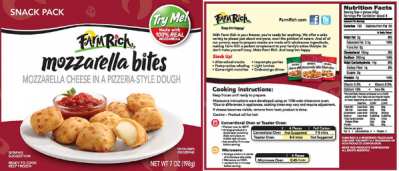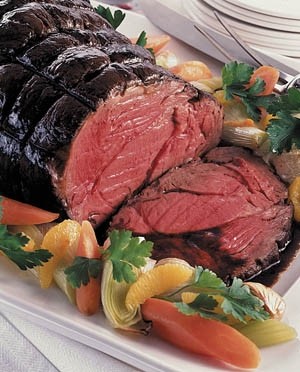Industry and governments blast US plans to ban non-0157 E.coli

The American Meat Institute along with the Australian and New Zealand Governments are among those that have attacked proposals by US Department of Agriculture’s (USDA) to ban non-0157 strains of E.coli in beef.
Under the proposed rule, E.coli serogroups O26, O103, O45, O111, O121 and O145 would be classed as adulterants and raw ground beef or their precursors containing them will banned from sale to the public.
The UDSA said the Food Safety and Inspection Service (FSIS) would begin testing for the Shiga toxin E.coli (STEC) from 5 March 2012.
Premature
Reaction to the initiative has been mixed with experts either questioning the science behind the proposal or calling for a delay in introducing the regulation. Consumer groups, however, have welcomed the move.
James Hodges, president of the American Meat Institute (AMI) said the body disagreed with the initiative, claiming that scientific evidence did not show it would make beef safer. He added the draft policy was incomplete and showed “significant data gaps”.
“The available public health data do not indicate that these particular STEC pose an unusual or urgent health challenge,” said Hodges. ”In very plain terms, implementing this policy is premature. AMI strongly urges FSIS to delay the arbitrary 5 March date for testing beef trim until a thorough understanding of the policy’s impact and implications can be assessed.”
Not a major health hazard
The Australian Government also disputed the scientific basis for testing for the six non-0157 STEC and called on the FSIS to push back the introduction of the rule from 5 March 2012 so that analysis techniques/methods can be finalized.
In a comment posted on the FSIS website, it declared that STEC other than E.coli 0157:H7 are not considered a major public health risk within the country.
FSIS data that confirms the majority of non-0157 STEC infections come from non-beef sources, it added.
“Australia therefore questions whether testing for these serotypes is scientifically justified particularly as baseline studies have not been completed in the US,” said the Government statement.
No implementation date can therefore be introduced until test methods have been established and verified under field conditions, adding that rules around early screen testing methods were suspect for these reasons.
Officials fear that large volumes of beef would be held up from reaching the market while waiting for the results of lab testing. It added that the rules should only cover “confirmed positives” while controlling the movement of presumptive positive batches until results are confirmed.
A submission from New Zealand also challenged the science behind the proposal, said it did not believe the measure would cut the number of foodborne illnesses and could damage trade.









